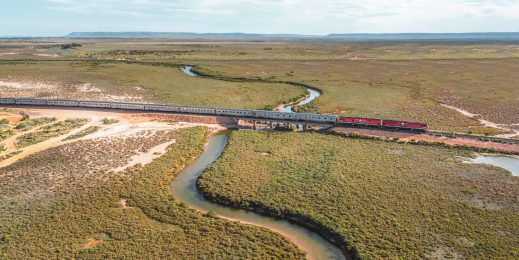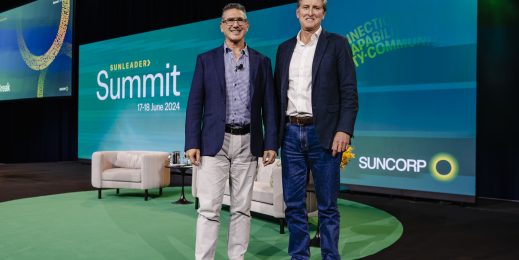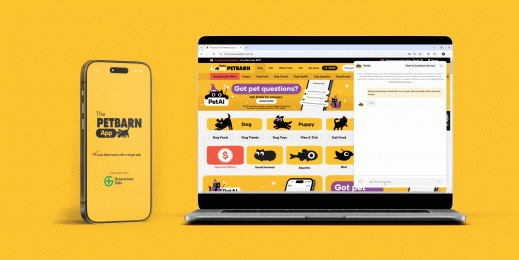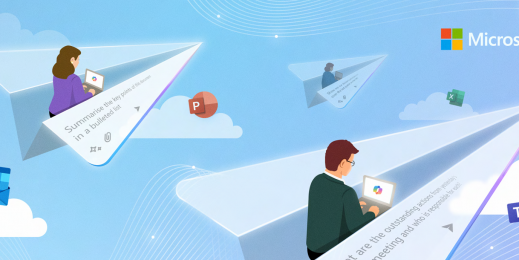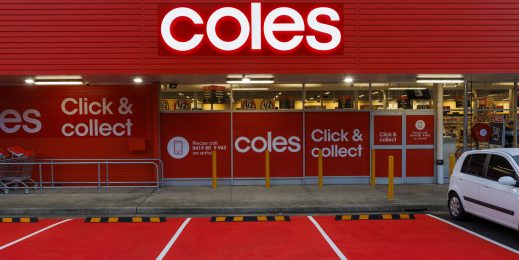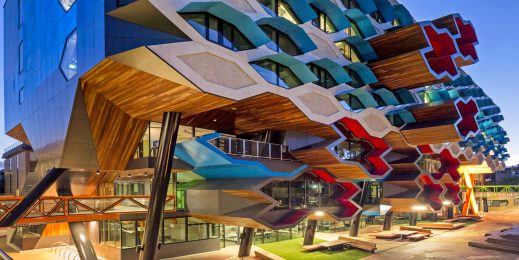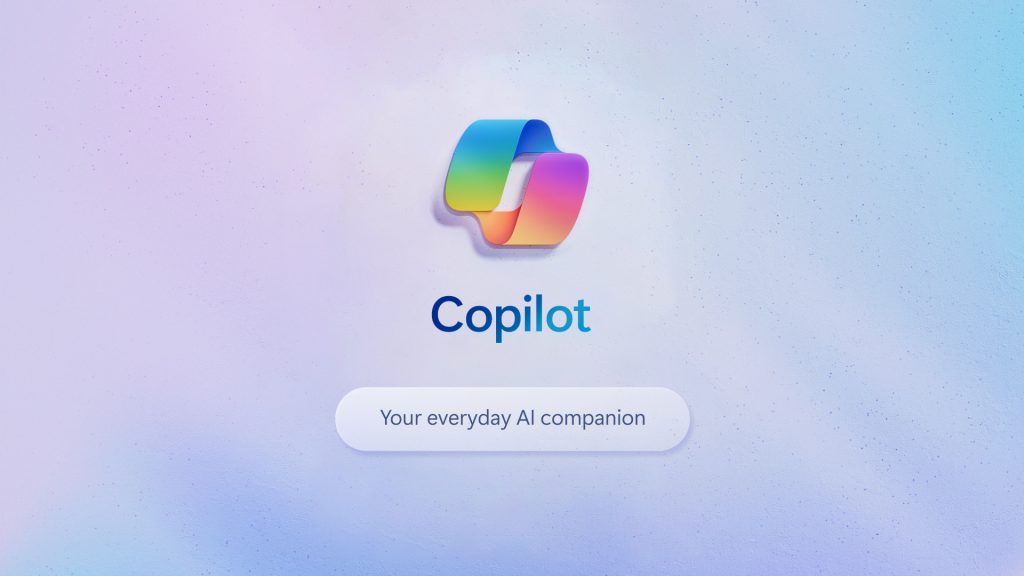
How generative AI is accelerating digital transformation in Australia’s construction, engineering and legal industries
We often hear great stories about digital transformation and technology innovation in industries such as financial services, retail and telecommunications. These sectors have typically been early adopters of technology and are at the forefront of exploring novel use cases. So, it was no surprise that many of Microsoft’s customers from these sectors were eager to be among the first to trial generative AI as part of our Copilot for Microsoft 365 Early Access Program (EAP).
Meanwhile some industries – such as construction, engineering, and legal – have historically been slower in adopting new technology. In fact, according to a 2023 Deloitte report, only 26 per cent of construction and engineering businesses in Australia, Japan and Singapore use AI and machine learning, and only 35 per cent plan to use them in the future. Furthermore, recent research by Clio found that the world’s top 100 law firms lag in digital transformation.
What has been interesting is that among the early movers to generative AI, we have seen the likes of construction and engineering firms, John Holland and GHD, and law firm, MinterEllison. They are bucking this trend and leading not only in their industries, but globally as some of the first organisations to adopt Copilot for Microsoft 365 as part of the EAP. They were also quick to see the significant impact of this generative AI solution and identify unique use cases from their earliest adopters.
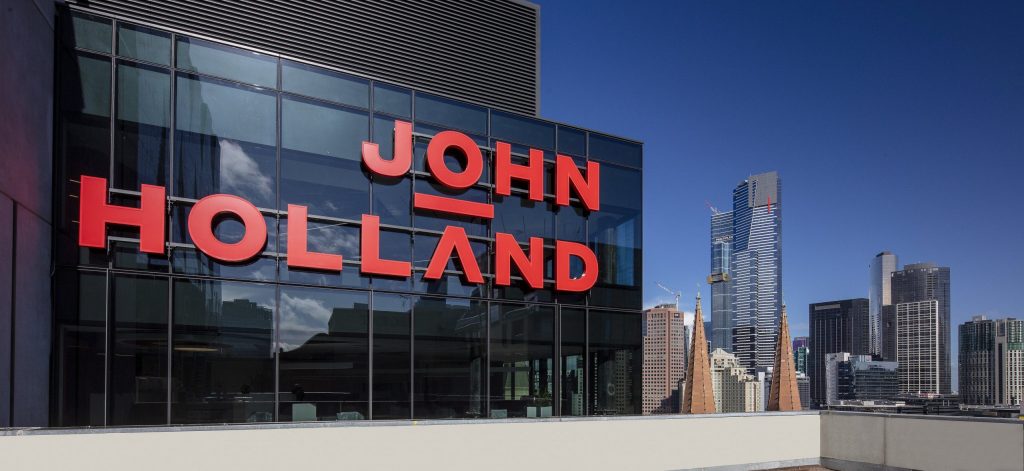 John Holland and GHD report promising time savings of between 30 and 60 minutes at an individual level per day, accumulating to between 10-20 hours saved per person per month. The compounding effect of these time savings at an organisational level is already starting to emerge for both organisations. For example, Copilot for Microsoft 365 is enabling GHD to speed up the process and reduce cost for completing request-for-proposal documents. John Holland believes the opportunity with generative AI is the ability to redesign assets to reduce their carbon footprint.
John Holland and GHD report promising time savings of between 30 and 60 minutes at an individual level per day, accumulating to between 10-20 hours saved per person per month. The compounding effect of these time savings at an organisational level is already starting to emerge for both organisations. For example, Copilot for Microsoft 365 is enabling GHD to speed up the process and reduce cost for completing request-for-proposal documents. John Holland believes the opportunity with generative AI is the ability to redesign assets to reduce their carbon footprint.
Meanwhile, MinterEllison has overcome the common barriers law firms face in adopting new technologies, including privacy and security concerns and cultural resistance to change. Adopting Copilot for Microsoft 365 helped to foster a culture of experimentation and knowledge sharing, which helped demonstrate the technology’s value to its workforce and board.
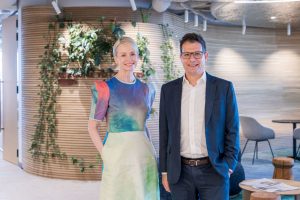 MinterEllison’s initial survey results speak for themselves. At least half of its Copilot for Microsoft 365 users save two to five hours per day, and one out of five saves at least five hours per day. The firm’s pilot users are rethinking their meetings, get started much faster on document generation and are optimising how they manage emails.
MinterEllison’s initial survey results speak for themselves. At least half of its Copilot for Microsoft 365 users save two to five hours per day, and one out of five saves at least five hours per day. The firm’s pilot users are rethinking their meetings, get started much faster on document generation and are optimising how they manage emails.
All three organisations emphasise the importance of human oversight in AI utilisation, ensuring that people remain at the core of this transformation – the ones driving the change and benefitting the most from it. Their people are gaining time back to spend more of their day on the work or tasks that are uniquely human.
Seeing organisations like GHD, John Holland and MinterEllison leading on innovation highlights the opportunity that generative AI presents in helping to digitally transform sectors that have historically been slower to adopt new technology. It excites me to see what’s possible in these sectors and see how quickly they can begin to realise the impact of generative AI.
Today, we are going through a seismic shift in the nature of work. With services like Copilot seamlessly integrating into existing software solutions like Microsoft 365, industries that were once hesitant to adopt new technologies can easily embrace generative AI – and reap the benefits of powerful new ways of working that can transform productivity and engagement.
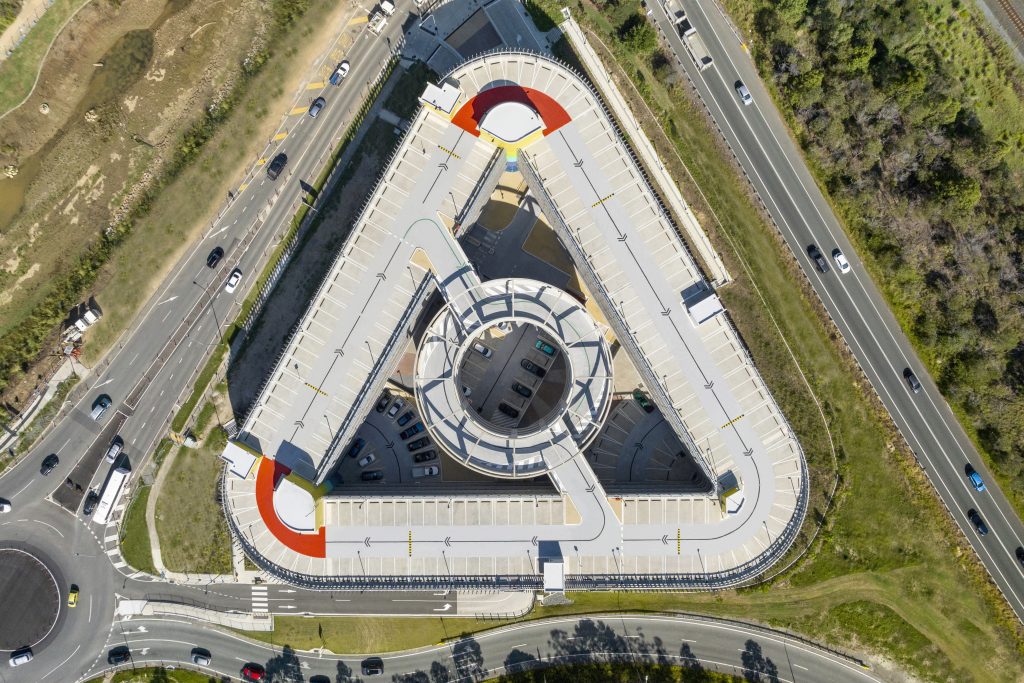
.





